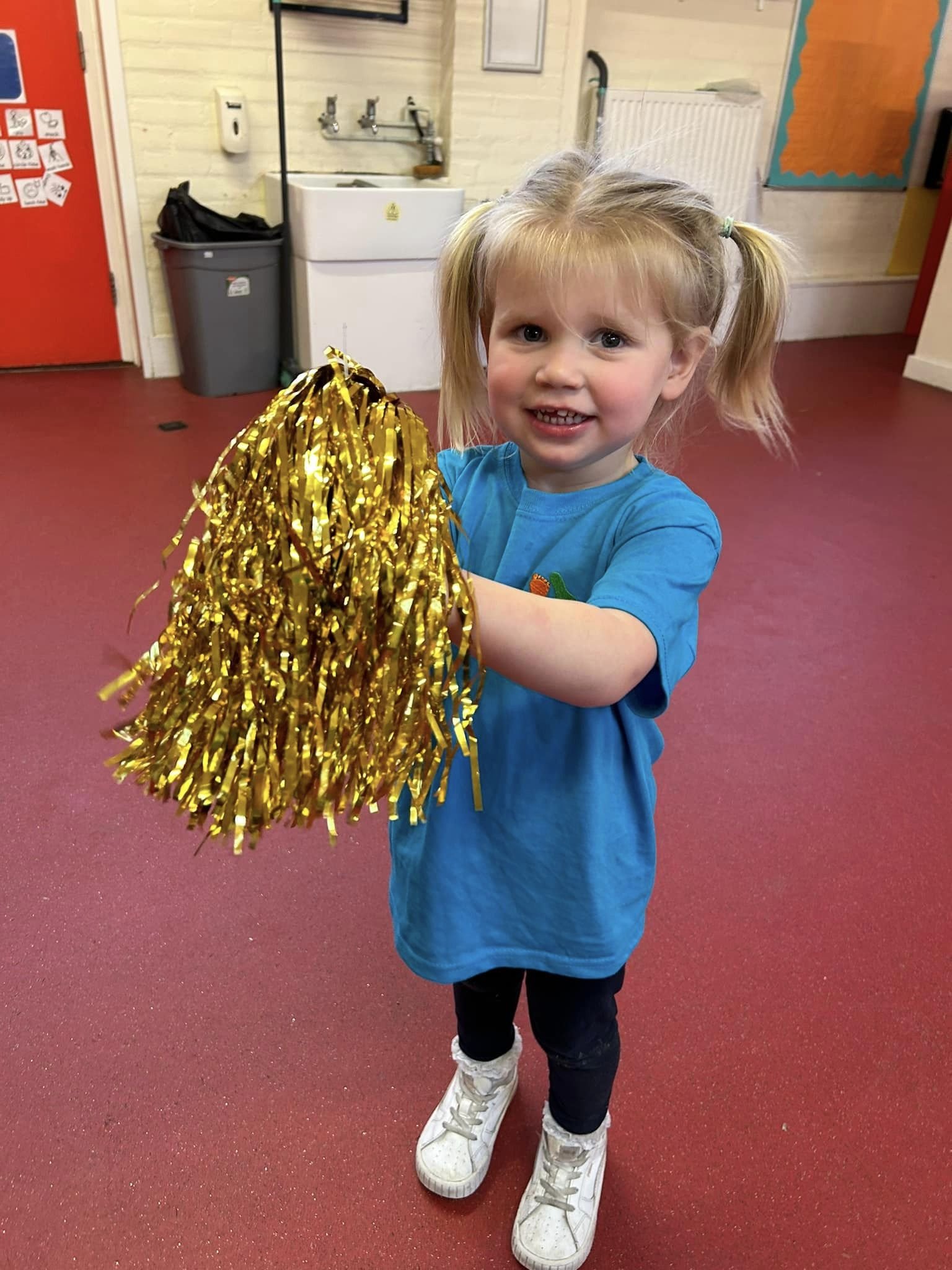The benefits of music and movement in the early years
Music and movement play an important role in early childhood development. They help with cognitive development, the strengthing of social skills, and fine and gross motor skills. Music and movement also play a role in physical and emotional well-being and encourage children to express themselves safely and creatively. Movement can mean dancing or the action done to accompany a song or even playing a musical instrument such as shaking or banging. Music and movement provides a way for children to release energy but can also be used to soothe a child. Music can also ease task transitions such as tidy up time. Introducing music and movement activities help children develop their self-esteem and independence.
Why is Music and Movement Important in a Child’s Development?
During early childhood development, children learn how to do lots of new things. During this time, children are figuring out how to move their bodies, process sounds, and recreate the sounds they hear through talking, shouting, and singing.
Before children can verbalize a need, they often learn to sign or act out what they need. Children use movement to communicate, such as by pointing and nodding. It is because of this, that music and movement is considered essential in assisting children during the early stages of their development.
Music and movement activities encourage development in the following areas:
· Problem-Solving – Music and movement help children work through problems by encouraging logical and sequential thinking and reasoning. This impacts their cognitive development.
· Social Skills – Music and movement activities often are performed in a group setting. This helps children learn how to interact with their peers, communicate effectively and work as a team.
· Self-Expression and Awareness – Children learn to communicate their feelings and thoughts through music and movement. Children develop a better understanding of how their body moves and how this makes them feel.
· Gross-Motor Skills – Children learn to move their bodies in new and creative ways. This means they use both the big and small muscles (gross and fine motor skills). Movements that involve stretching, bending over, and jumping develop gross motor skills.
· Fine Motor Skills – Fine motor skills are developed through pinching or grasping. Playing a musical instrument or performing action songs can require children to make small movements. It is these small movements that develop fine motor skills.
· Language Development – Many of the songs used during music and movement play are rhythms that help children recognize phonetics. The repetitiveness of action songs also helps children understand commands through engaging with them playfully.
Listening to and making music encourages pattern recognition and can help children learn how to differentiate between sounds. It is no wonder that music and movement is an integral part of the Early Years curriculum. Here at First Steps we have partnered up with Itsy Bitsy Dance to offer our preschool children some super cool street dance classes. Miss Emily teaches coordination and confidence skills to our children whilst having a whole lot of fun. The children love this new music and movement session and we have seen some excellent concentration skills as they develop new skills.




